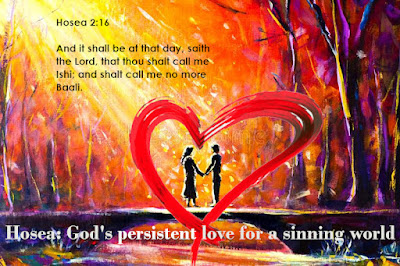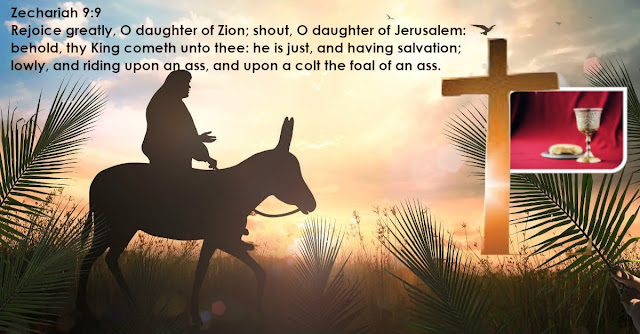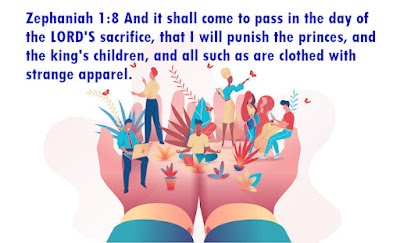Synopsis: Hosea

Organisation of the synopsis "In spiritual departure from God and the Lord Jesus Christ, Satan will work out his program in gradual steps. Typically, he will imbue thoughts that certain portions of the scriptures are not important. Those that follow the scriptures are deemed to be ‘legalists’ or 'conservatives'. Sadly, the final outcome of the satanic program will be a departure from the faith." The Writer In verse 1 of this book, it was recorded that Hosea ministered during the reign of King Jeroboam 2 in the northern kingdom and Uzziah, Jotham, Ahaz and Hezekiah in Judah. We can therefore infer that Hosea’s ministry is quite long. The fall of the northern kingdom happened in 722 BC, and it is likely Hosea witnessed it. Hosea (the meaning of his name is salvation) is a contemporary of Isaiah, Amos and Micah. Key Verse Hosea 2:16 And it shall be at that day, saith the Lord, that thou shalt call me Ishi; and shalt call me no more Baali...




